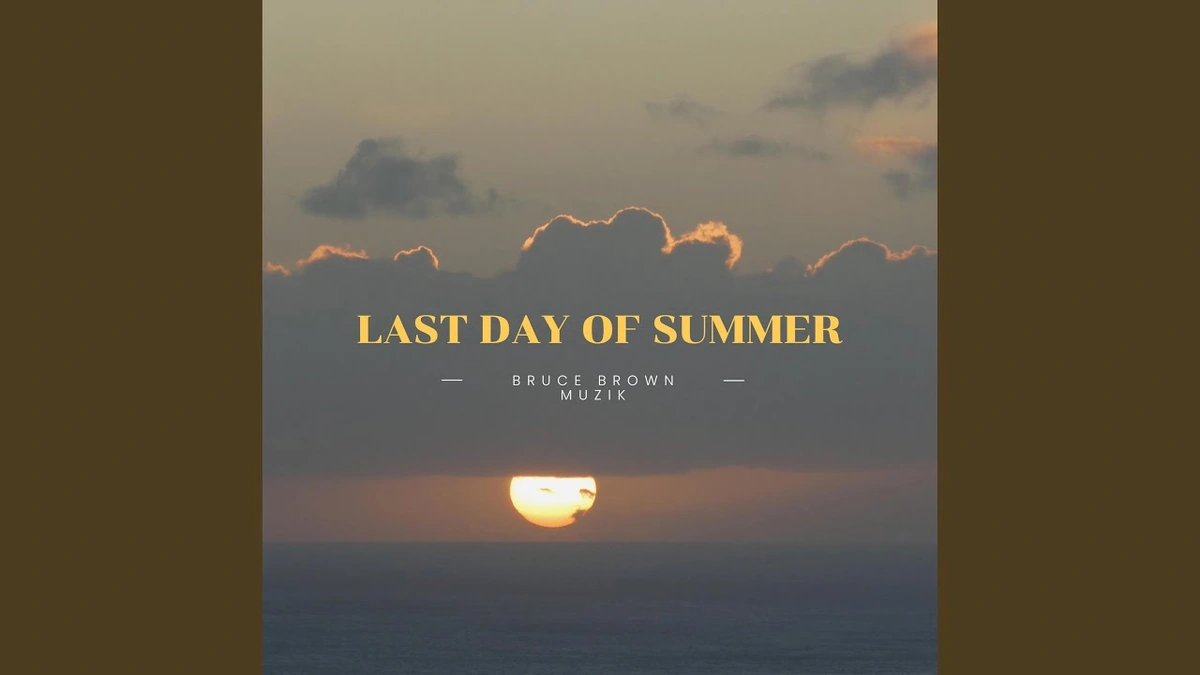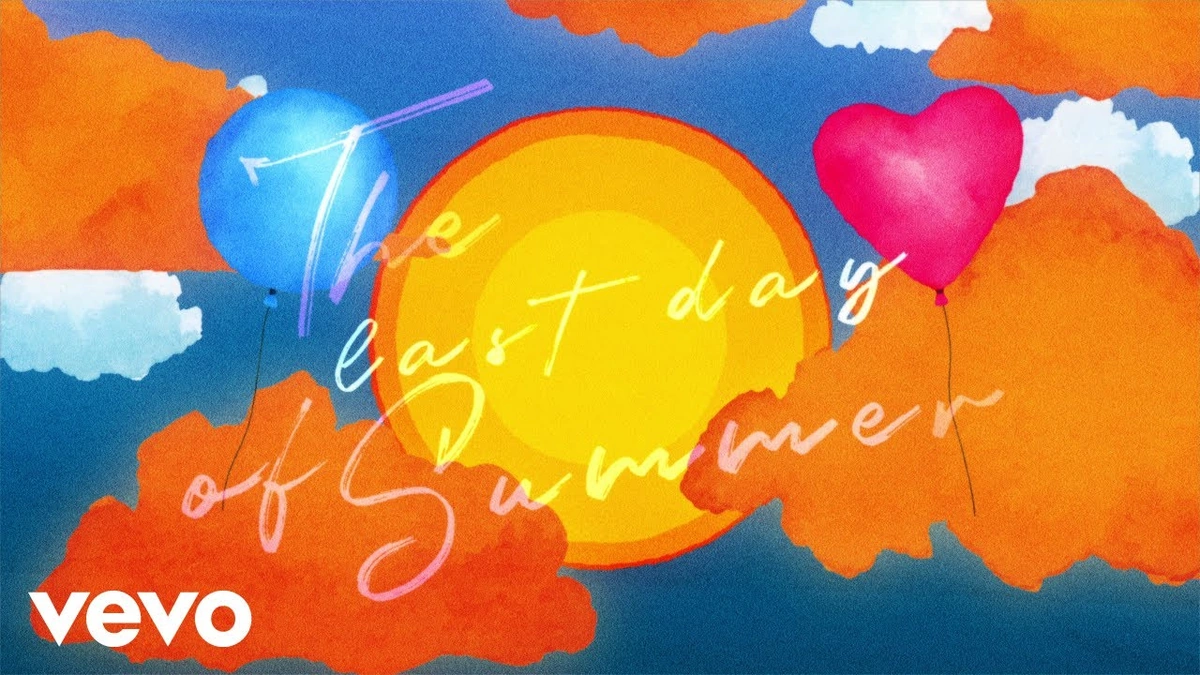Let’s get one thing straight. The last day of summer in India isn’t marked on a calendar. There’s no official memo, no final school bell, no grand farewell party like the ones you see in American movies. For us, it’s something far more elemental, more poetic, and infinitely more personal.
It’s a scent on the wind.
You know the one I’m talking about. It’s that late May or early June afternoon when the heat isn’t just hot anymore; it’s heavy. It’s a thick, suffocating blanket that has pressed down on everything for weeks. The world feels tired. The leaves on the trees are dusty and listless. The birds are quiet. And then, you feel it. A subtle shift in the air pressure. A distant, moody darkening of the sky in the west. You smell dust, yes, but mixed with something else… something damp, earthy, and full of promise.
That, right there, is the last day of summer. It’s the breathless pause before the first raindrop of the monsoon shatters the silence. It’s a day of intense, almost unbearable anticipation, tinged with a strange, sweet melancholy for the very season we’ve been cursing for months.
The Sweet, Sticky Melancholy of May

Our summer isn’t about carefree holidays. Let’s be honest, for most of us, it’s about survival. It’s about the whir of the cooler, the strategic planning of errands to avoid the midday sun, and the quiet joy of a perfectly ripe mango, its juice dripping down your chin. It’s the season of aam panna , power cuts, and long, lazy afternoons where the only sensible thing to do is absolutely nothing.
And yet, when it’s about to end, a peculiar sense of summer nostalgia kicks in. It’s a pre-emptive nostalgia for the season that hasn’t even left yet. We grieve the end of the mangoes. We feel a pang for the end of those unstructured days, even if they were spent in a heat-induced stupor.
What fascinates me is this paradox. We spend the entire Indian summer season waiting for the rains, praying for relief. The impending monsoon arrival in India is the most anticipated event of the year, tracked by news channels and discussed in every household. It’s a collective, national obsession. But that final day of blistering heat holds a unique magic. It’s the end of a chapter. It’s the last time the world will feel and sound and smell this specific way for another year. And a part of us, the part that understands the cyclical nature of life, knows it’s important to pay attention.
Why We Grieve a Season We Can’t Wait to End

I used to think this feeling was just weird. Why feel sad about the end of something so oppressive? But then I realized it has very little to do with the heat and everything to do with the nature of change itself. It’s a mild, almost pleasant form of seasonal change anxiety .
The last day of summer is a transition state. It’s a potent reminder that nothing, not even the most relentless heatwave, lasts forever. This feeling of an impending shift can mirror the bigger changes in our own lives leaving a job, finishing a course, moving to a new city. We might be desperate for the change, but the moment it arrives is always bittersweet. You’re saying goodbye to a version of your life, even if it’s one you’re ready to leave behind.
The end of summer is the end of a certain kind of freedom, a certain rhythm. It’s like the nervous energy backstage just before the curtain goes up. You know the show is about to start, and it’s exciting, but you’ll miss the chaotic, unscripted moments of the rehearsal. That’s what this day feels like. It’s the universe telling you to take one last look around before everything changes, before the world turns a vibrant, messy, glorious green.
How to Honour the Shift | A Guide for the Soul

So, what to do on the last day of summer ? You can’t book a flight or throw a party. Instead, you can lean into the feeling with small, personal rituals. This isn’t about a to-do list; it’s about being present for the transition. Think of it as a way of shaking hands with the changing season.
Here’s how I like to mark it:
- The Final Taste: Make it a point to eat that last, perfect mango of the season. Slowly. Savour it. Or make one final pitcher of your favourite summer cooler. It’s a conscious acknowledgement that this specific pleasure is ending, making way for new ones (hello, chai and pakoras!).
- The Scent of Change: When you get that first whiff of petrichor—the incredible smell of rain on dry earth—stop what you’re doing. If you can, step out onto your balcony or open a window. Just breathe it in. This is the official scent of the monsoon’s arrival, a smell so potent it’s practically a memory. It’s a scientifically recognized phenomenon, as explained on its Wikipedia page.
- The Playlist of Transition: Music is emotion. Create a two-part playlist. The first half is full of slow, languid tunes that capture the feeling of a hot, sleepy afternoon. The second half shifts to more energetic, hopeful, or dramatic music that welcomes the rain. It’s a soundtrack for the sky.
- The Gratitude Walk: Take a short walk in the late evening. Notice the specific quality of the summer light. Observe the birds, the dusty plants, the stillness. Say a silent thank you to the season for its lessons in patience and for the simple, sun-drenched joys it brought, even if they were few and far between. Sometimes even the slow, hot months leading into August have their own unique charm.
These aren’t grand gestures. They are small acts of mindfulness. It’s about noticing, which is perhaps the most profound way to experience life. This is so different from the stress of, say, preparing for an exam and needing a mta admit card guide ; this is the opposite, it’s about letting go of structure and just being.
Frequently Asked Questions About the End of Summer
What is the official last day of summer in India?
There isn’t one! Unlike the astronomical solstices and equinoxes that define seasons elsewhere, India’s seasons are defined by the monsoon. The “last day” is essentially the day before the monsoon makes its onset in your specific region. You can follow the official progress on theIndian Meteorological Department (IMD)website.
Why do I feel sad when the seasons change?
It’s completely normal. This feeling, a mix of nostalgia and mild anxiety, is a human response to transition and the passage of time. The end of summer feelings are often a poignant reminder that life is constantly moving forward, and every “end” is also a “goodbye” to a period of our lives.
What are some good books to read during this transition?
This is a perfect time for atmospheric reading. Think R.K. Narayan’s “Malgudi Days” to capture the small-town summer feel, or Amitav Ghosh’s “The Hungry Tide” which is deeply connected to the seasons and the water. Anything that makes you feel the environment of the story.
How can I make the most of this transitional period?
Embrace the “in-between” state. Don’t rush from one season to the next. Allow yourself to feel the anticipation. Clean your windows in preparation for the rain. Stock up on your favourite tea and some good books. Prepare your home and your mind to welcome the new season.
The beauty of the last day of summer is that it’s not an ending. It’s a turning of the page. It’s the quiet intake of breath before the next verse of the year’s song begins. It’s the universe reminding us that relief is coming, that change is beautiful, and that after the long, hot silence, there will be the music of rain.

